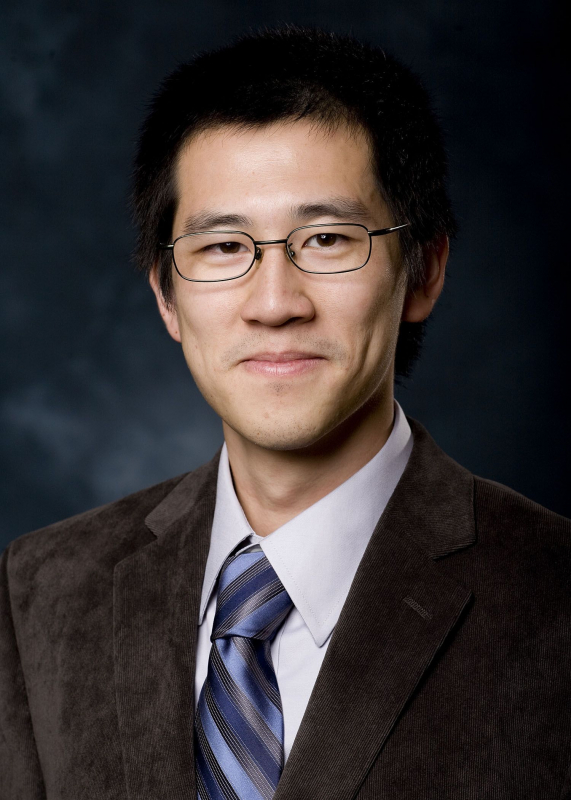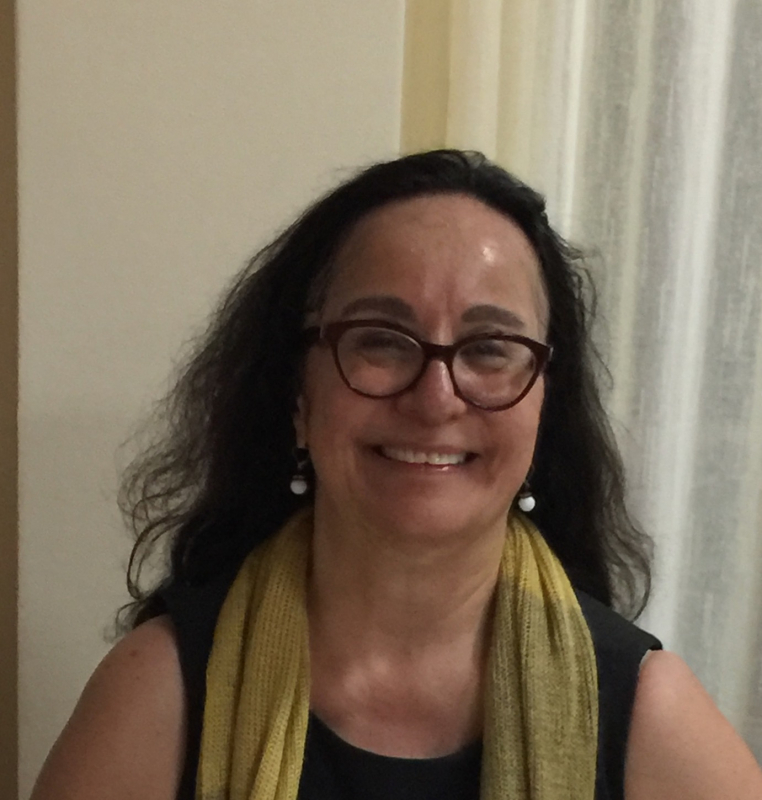The 9th Annual University of Houston BME Day on Health Care Innovations and Entrepreneurship, which was co-sponsored by the IEEE Engineering in Medicine and Biology Society and the BioHouston Inc., was held in April 2022.
Following the event, Ting Chen, Associate Chairman for Faculty Affairs and Associate Director for BME Research, and Yasemin M. Akay, Instructional Associate Professor, provided a write-up for IEEE Pulse, a magazine of the IEEE Engineering in Medicine and Biology Society.
Amidst the crowd of innovators and BME projects at UH BME Day 2022, Chad Andresen, M.S. provided an inspiring keynote on innovation surrounding the medical device industry and entrepreneurship. As an inventor of over 40 patents, an entrepreneur, and an inventor at Stimwave Technologies, his innovations have changed the lives of over 10,000 chronic pain patients. He highlighted the critical aspect of entrepreneurial success with identifying the customers early on and spending time refining any innovation through the eyes of your end-customers.
As an investor and fundraiser for startups currently, Andresen confirmed that the outlook on continued investments in MedTech is bullish despite a receding market and inflation woes. When it comes to the relationship between inventors and investors, he detailed the need for founding members to provide transparency in the partnership as the company pushes forward. Founders may feel inadequate if they are not longstanding in the industry but lost to new founders is that investors are investing into the founders themselves; believing that founders will do whatever it takes to find success and exhaust all avenues.
Andresen also defined that success, a lot of times, looks like a compilation of failures coupled with a stubborn resolve to never give up. “In academia, we can spend a lot of time trying to perfect an idea as we toil for years in our labs. When these ideas meet the unknowns of the real-world patients, almost everything you assumed can be thrown out the window, in an instant! Expecting that and expediting the inputs of your end-user experience will always produce a stronger and more effective product.” He concluded his presentation with five “Founder-Mentals” that he uses to coach CEO’s and founders out of the Startup Valley of Death.
-
Always move forward.
-
Do not listen to haters, ignore the “it can’t be done.”
-
Surround yourself with people smarter than you.
-
Test quickly and often with your customers.
-
Do what is right, always.
Then, Ann Tanabe, CEO, BioHouston Inc., delivered an inspiring lecture on “BioHouston and the current biotech landscape in Houston.” She indicated that Houston is home to an emerging life science cluster with much of its innovation spawning from Houston’s academic institutions. Tanabe also added that the Houston life science ecosystem is also fortunate to have local resources like JLABS@TMC, Johnson & Johnson Center for Device Innovation, the Texas Medical Center Innovation, The University of Houston Technology Bridge, and BioHouston among others, all working to help entrepreneurs and provide support to their growing companies.
To have a vibrant life science ecosystem, Tanabe suggested that we need companies at all stages of development. To this end, Houston is fortunate to have public companies like Castle Biosciences, LivaNova, and Lexicon Pharmaceuticals who have marketed products as well as development pipelines. Houston is also home to more than 20 companies that have received funding from The Cancer Prevention Institute of Texas (CPRIT)—a unique State of Texas agency funding academic research, product development, and cancer prevention.
Tanabe also confirmed that Houston is quickly becoming a biologics manufacturing hub for contract manufacturing and development organizations (CDMOs) and some biopharmaceutical companies. CDMO’s Lonza, Catalent, and VGXI all call the greater Houston area home, while Fujifilm Diosynth Biotechnology, Matica, and iBio are active in the College Station area. Marker Therapeutics, Kiromic, Alanuos, and Neurogene are examples of Houston-based biopharmaceutical companies with their own in-house manufacturing capabilities.
In addition, Tanabe highlighted a recent exit by Houston start-up Volumetric, which brought the Houston Company $45 million in upfront payment (50:50 cash and stock) with up to $355 million additional milestone payments for demonstration of additional human applications. Volumetric was acquired by 3-D Systems, a 30+ year old company that pioneered 3-D printing in the manufacturing industry. She concluded that the acquisition will establish a new 20,000 square foot facility within Houston’s East End Maker Hub and will build on an existing accelerating partnership between 3-D Systems and United Therapeutics to establish the feasibility and commercialization of bioprinted human organs.
To read about the rest of the program, visit the IEEE Pulse website here.

